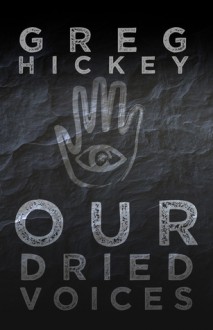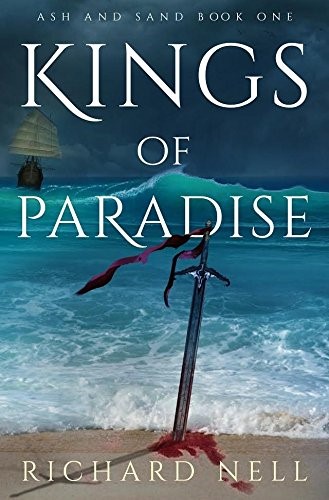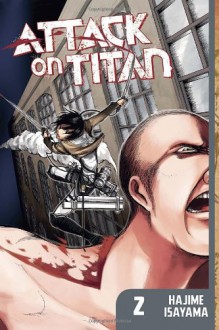
***Disclaimer*** I received a copy of this book for free from the author in exchange for an honest review. Thank you Greg!***
This book was a delightful little read. Based on the synopsis it sounded like it would be right within my area of enjoyment and it turned out that it was. I had a few irritations with it, and there were a few struggles but I found that I did not mind those things too much because the story kept my interest well.
The book starts with a bullet pointed list of all the major accomplishments and failures of humanity in the 300-ish years leading from our present to the beginning of the story. While I found this information interesting, I would have preferred that the information was packaged in a different manner. Bullet points are not that enthralling to read. There was a short excerpt from a “history” of the same time period that we get at the end of the book and a lot of the same information was covered. It confused me why this was at the end and not the beginning. It would have been a better introduction to the story than an ending.
I also got the impression that the author struggled with his narrator a bit, which is understandable and I think anyone would have struggled with it but overall it was handled well. I could tell at times that the author really wanted Samuel to be able to describe things better but he couldn’t because he lacked the language or awareness for it at that moment. At times this led to a bit of an inconsistent narrative but not often enough that it got on my nerves.
Warning: There may be some spoilers beyond this point.
As I read other reviews for this book, I saw a lot of people wondering how humanity could get to a point of being so lazy that we experience a regression in all cognitive functioning and lose the vast majority of our language and ability to communicate. I wondered that too for a while. But then I got on social media for a few minutes and it all made sense to me. We already are practically communicating only in pictures these days with memes, GIFs, selfies and emojis. And plenty of people are so lazy that they can’t be bothered to seek out answers for themselves and instead of spending 30 seconds on Google figuring something out will instead spend an hour asking other people to do it for them. So, to me at least, I can completely see this as a future for humanity.
I really liked the series of tests that Samuel encountered trying to help his community but I also got frustrated with him at a certain point. Clearly, his efforts were going to waste. The rest of the colonists didn’t appreciate, nor even notice, his efforts to keep them content and happy so after a point I was wondering why he was still trying. This also leads me to the ending, at first I didn’t understand it. Staying with the other colony seemed like a natural step. These were people like Samuel. He could improve his own life and be with people who valued their minds, like he did. So why didn’t he?
I thought about that a lot since I finished the book last night and I think I came to a conclusion. Just like Samuel decided that he no longer wanted to waste his labor on colonists who would never progress, he equally didn’t want to waste his labor toward an effort that was directed for someone else’s benefit. He wanted to use his ingenuity, his mind, and his labor to forge his own way not just trade one master for another. In the end, I really like that message. It was an enjoyable book that I liked more than I first expected that I would.

 Log in with Facebook
Log in with Facebook 









